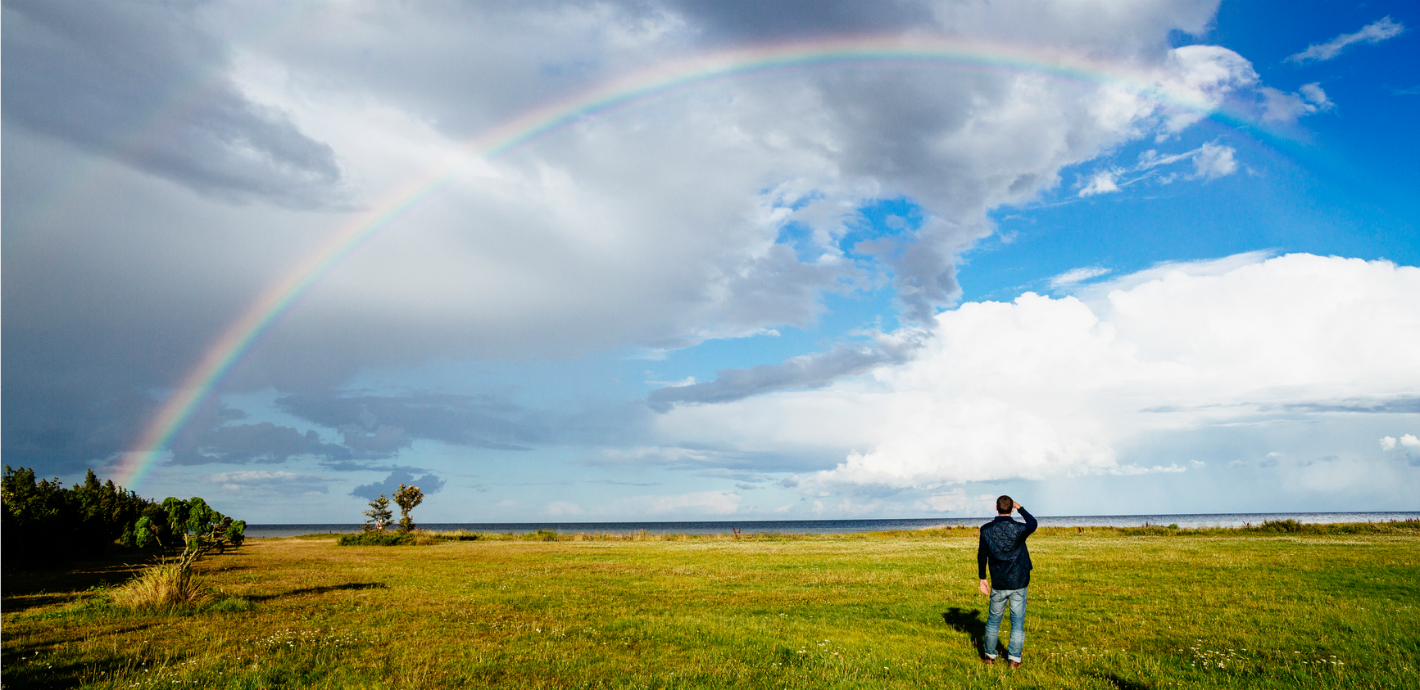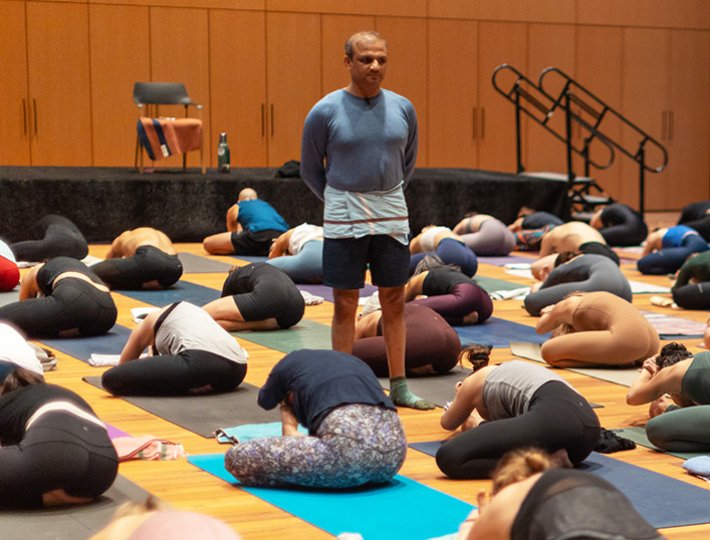Maybe you’re like me and you live in a packed city, in a cramped apartment, with a partner and/or roommates, and spend your morning commute cramped amongst people to get to a job where you are constantly surrounded by other beings. And maybe you’re like me in that in the middle of your day you hear a nagging inner voice that says, “You know what? I bet I’d be better off if I had some quiet solo time once in a while.”
There is a beautiful Buddhist text dating back to the 14th century known as the 37 Practices of a Bodhisattva. Bodhi can be translated from Sanskrit as “open” or “awake” while sattva can be translated as “being,” so it is an open-hearted being. A meditation master known as Ngulchu Thogme composed these verses so that we could live a full life with open hearts in order to be helpful to those around us. Many of these practices revolve around applying virtue to even the toughest of our everyday situations. He has one that specifically encourages us to take time to ourselves in order to have the mental and emotional fuel to show up fully for others:
Giving up negative places, mental afflictions gradually decrease.
With no distractions, virtuous activities naturally increase.
When mind becomes clear, certainty in the Dharma is born.
To rely on solitude is the practice of a Bodhisattva
When you hear the term “negative place” what comes to mind? It could be a loud, raucous environment where it’s hard to concentrate on even the simplest of tasks. Or maybe it’s the sort of place that brings out the worst in you—a crowded party with unlimited alcohol and the company of three or more of your exes, a hectic workplace environment, or a bar that you frequent when you feel lonely or ashamed. Whatever your version of a negative place may be, Ngulchu Thogme says that it is important to our spiritual path to give those up. You can discern what this sort of negative place means to you and, as soon as you do, resolve to stop spending so much of your time there.
“Why?” you may ask. “Sure, I’m not my best self when I’m there but that bar has cheap drinks and good music.” Well, according to our friend Ngulchu, giving up negative places is how we calm the mind. Without being provoked by a lot of mental afflictions (read: exes, work stress, alcohol-fueled pity parties) you have the time and space to connect with yourself. The more you take the time to connect to yourself the more at home you are with who you genuinely are. And when you’re actually at home with who you are you’re more likely to engage in virtuous behavior.
In my own experience, the quickest way to the mind becoming clear is through meditation. It’s simple. You sit down for as little as 10 minutes a day, take an uplifted but relaxed posture, and tune into the breath as an anchor into the present moment. It takes time to sink into that basic practice, but spending that time goes a long way to promoting mental clarity. During meditation we have all sorts of thoughts, concepts, and emotions come up. We acknowledge them, then return to the breath. In meditation, we are essentially hitting pause on the constant mental chatter we carry around with ourselves throughout the day. The more we hit pause during meditation, the more clarity arises after our meditation session.
Related: A Self-Discovery Exercise to Help You Be Your Best Self
Sometimes we need to carve time out on the calendar to remove ourselves from the habitual places that provoke us and try something new. I remember the first time I ever went on a solitary meditation retreat. I had been meditating for a few years but only in group settings. I dragged my luggage and groceries into a small cabin, locked the door behind me, and dove into a pretty rigorous meditation schedule for 10 days straight.
Believe it or not, meditating for eight to 10 hours a day wasn’t the hard part—the time in between meditation sessions was. With none of the usual distractions I had come to rely on, such as television, books, or the internet, I had unlimited me-time. While the meditation was a helpful primer, it was the time I spent silently sipping my morning coffee or cooking dinner that inspired long-term mental clarity.
Now that I run a business I find myself constantly surrounded by people; I miss the solitude that came with my previous life where I was a simple Buddhist practitioner and author. As a result, I find myself seeking out solo time in the midst of the chaos of New York City whenever I can. I go to the Russian baths alone, sweating out the toxins and stress I carry in my body. I go to a quiet bar near my home and have a solitary drink. I go for long walks in spacious parks. And, during these moments, my mind settles in a way not unlike what I experience in solitary retreat.
Don’t take my word for it though. So much of what the Buddha taught is based in you exploring his teachings, the dharma, for yourself. When you meditate and/or set aside solo time you will find that mental clarity as well as your own experience of his extremely practical teachings will increase. You are more in tune with who you truly are, and more available to everyone around you. Thus, as Ngulchu Thogme points out, to rely on solitude is a key practice in becoming a more open-hearted and compassionate being. Whether you are a busy parent of four, run a bustling business, or live with a million roommates, you can look at the calendar and carve out time and space for solitude. You’ll be glad that you did (and so will all those people).









Comments (0)